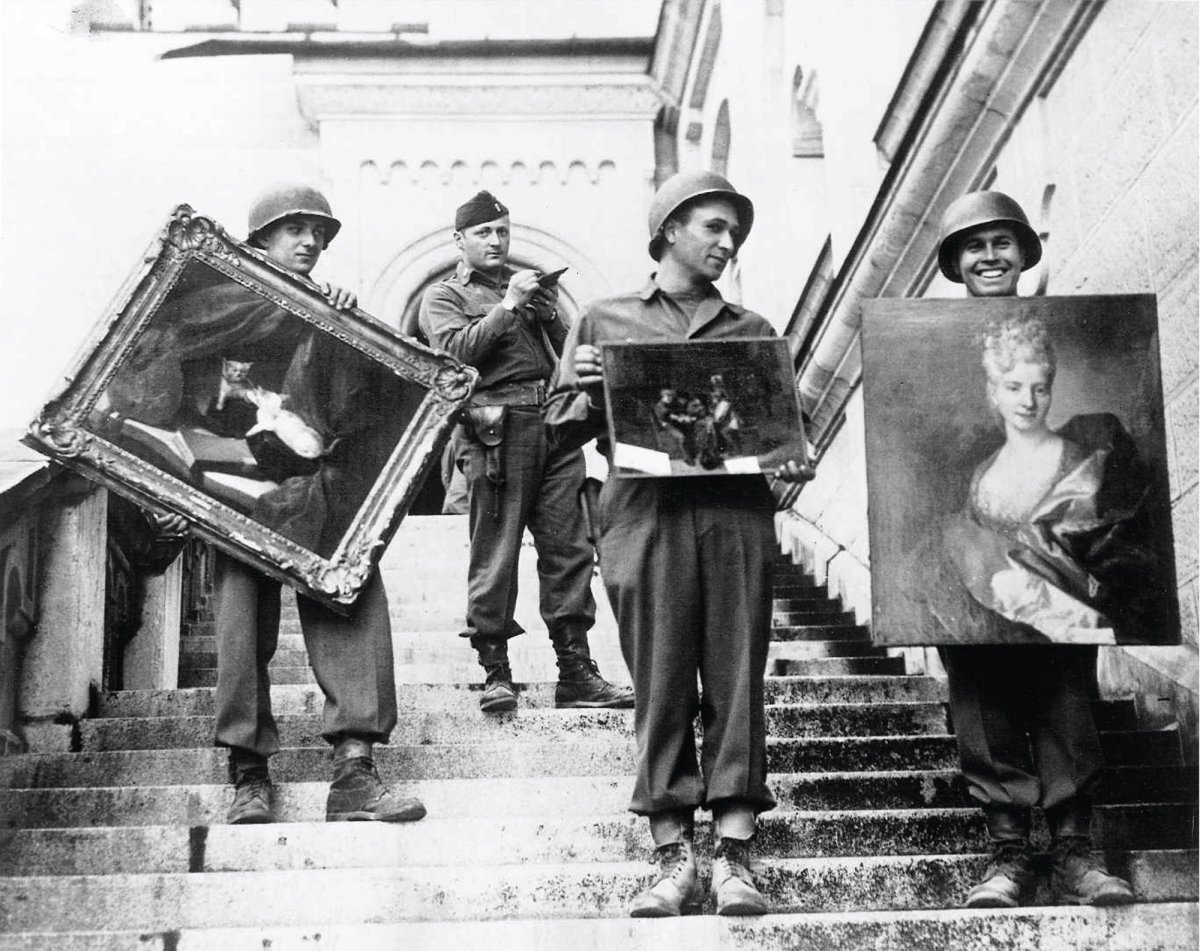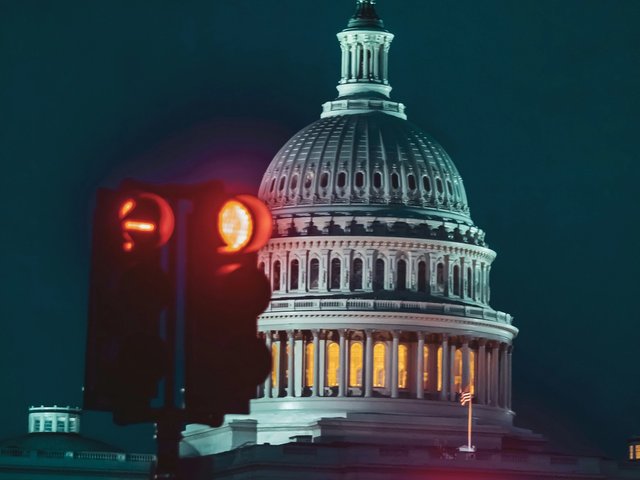In 1938, Paul and Alice Leffmann, a Jewish couple from Germany, made a desperate decision. Fleeing Nazi persecution, they entrusted a treasured Pablo Picasso painting to a non-Jewish German acquaintance, hoping it would survive the Second World War even if they might not. To finance their escape to Brazil, the Leffmanns ultimately negotiated the sale of the work—under duress, like so many forced sales of that era.
That painting, The Actor (1904), has been hanging in the Metropolitan Museum of Art in New York since 1952. In 2016, Laurel Zuckerman, the Leffmanns’ heir, brought a case seeking its return. But courts in the US rejected the claim.
80 years of opacity
In September, the World Jewish Restitution Organization (WJRO) released a new report revealing the sobering reality that 80 years after the Holocaust, most museums in the US—both large and small—have done little to provide the kind of transparency that justice requires.
Our report found that US museums likely hold well over 100,000 covered objects that were in Europe during the Nazi era. Yet barely 10% of that number currently have publicly accessible provenance research. The closure of the Nazi Era Provenance Internet Portal (NEPIP) in 2024 has made this problem even worse, leaving survivors and heirs without a centralised tool to locate potentially looted works.
This is not just about famous paintings. Families lost books, Judaica, silver kiddush cups, musical instruments and ordinary household objects that carried extraordinary meaning. These possessions were the heart of families and communities, and their absence is still felt across the generations.
New HEAR Act
That’s why the new legislation to extend and strengthen the 2016 Holocaust Expropriated Art Recovery (HEAR) Act is so vital. Congress is expected to vote soon on a 2025 HEAR Act bill that removes the sunset provision of the 2016 law (which is set to expire on 1 January 2027), eliminates procedural defences such as laches, and ensures survivors and heirs can bring claims once they learn where their family’s property is located. Momentum is building.
But legislation alone is not enough. Special panels to adjudicate claims currently exist in Austria, France, Germany, the Netherlands, Switzerland and the UK. Authorities in Belgium are considering creating one as well. The US should also consider establishing a federal or state-level commission to resolve claims. Such a commission could provide an alternative to costly litigation, prioritise moral and historical justice over rigid legal doctrines, and finally give families a fair hearing.
In March 2024, the US Department of State and WJRO jointly led the development of the “Best Practices for the Washington Principles on Nazi-Confiscated Art”, which has since been endorsed by 34 countries. These best practices call on museums to publish provenance research online, encourage governments to create independent expert bodies to adjudicate claims, and call on countries to make exceptions to legal barriers—such as defences based on the passage of time—that would otherwise limit restitution.
Time to move
We know the legal system in the US is not working for many claimants. Litigation is expensive, slow and emotionally draining. Museums often raise procedural defences rather than addressing the moral weight of a family’s history.
Now is the time for Congress to pass the new HEAR Act, for museums to greatly enhance provenance research efforts and to make the results accessible, and for US officials and the US museum community to establish a commission. We owe it to aging Holocaust survivors and their families. Justice delayed is justice denied—but it is not yet too late.
• Gideon Taylor is the president of the World Jewish Restitution Organization



